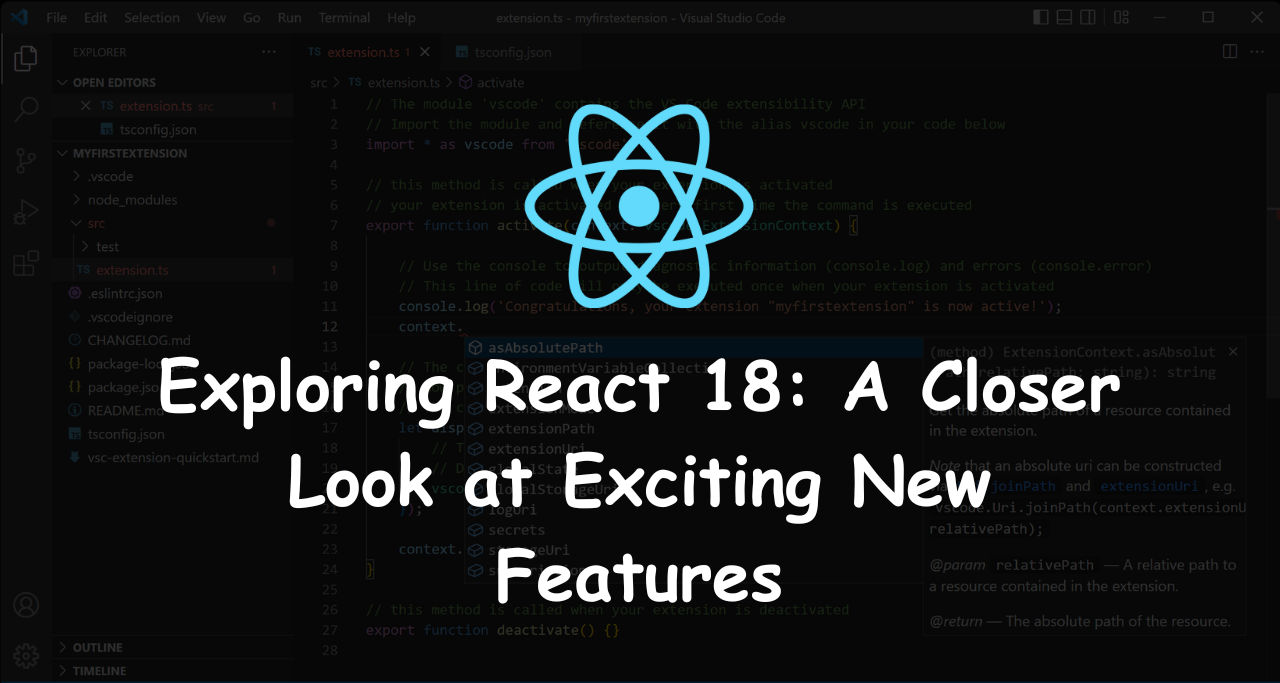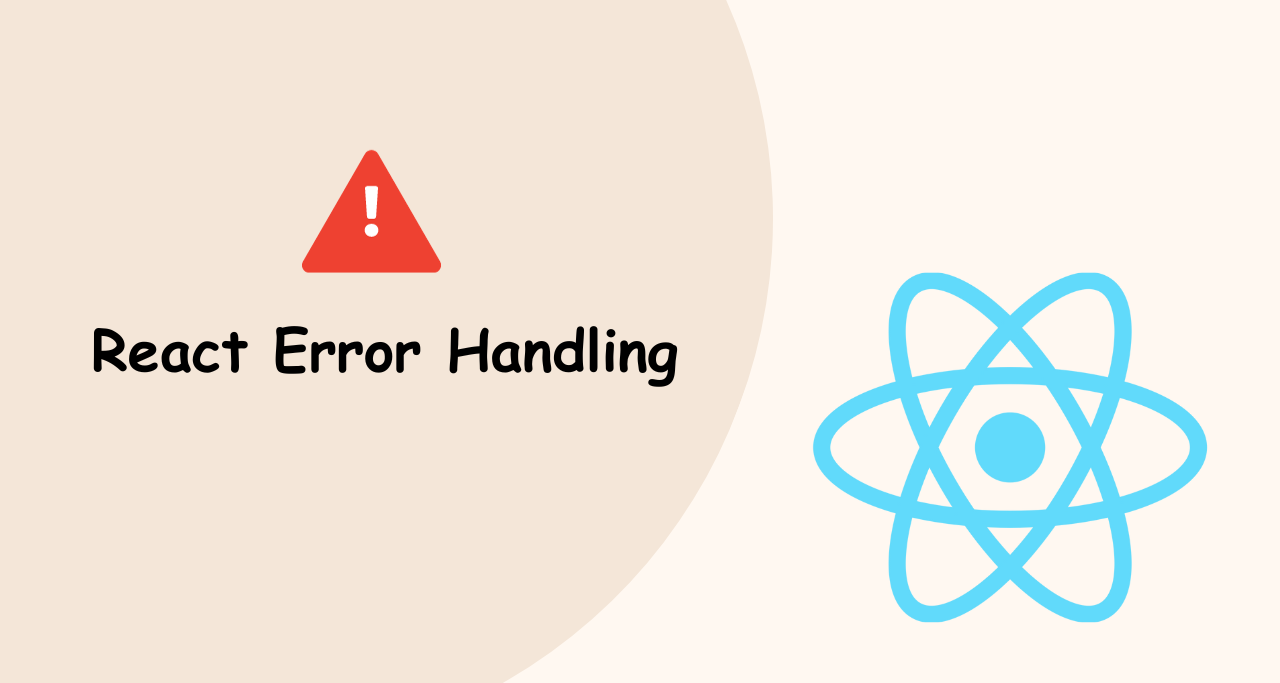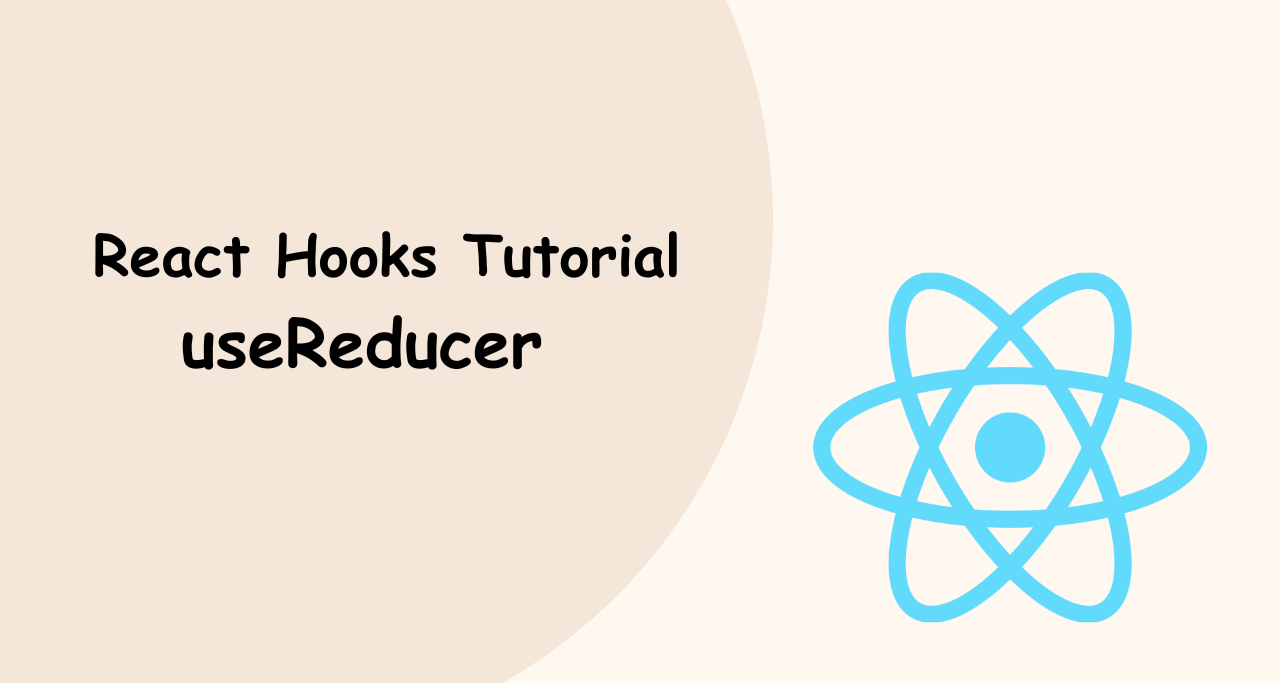Coding is the process of creating instructions for a computer to follow. These instructions are written in a programming language, which is a set of rules that the computer can understand. Coding is used to create a wide variety of software, including websites, games, and applications.
There are many different programming languages, each with its own strengths and weaknesses. Some of the most popular programming languages include Python, Java, C++, and JavaScript.
To learn how to code, there are many resources available online and in libraries. There are also many coding boot camps and online courses that can teach you the basics of coding.

Introduction to Coding
Coding is a valuable skill in today’s world. It can be used to create new products and services, solve problems, and make life easier. If you are interested in learning how to code, there are many resources available to help you get started.
Here are some of the benefits of learning how to code:
- Coding can help you develop problem-solving skills.
- Coding can help you learn how to think logically.
- Coding can help you learn how to work independently.
- Coding can help you learn how to work as part of a team.
- Coding can help you develop creativity.
- Coding can help you develop a career in the tech industry.
If you are interested in learning how to code, here are a few tips:
- Start with the basics. Learn the syntax of a programming language and how to write simple programs.
- Practice regularly. The more you code, the better you will become at it.
- Find a mentor or join a coding community. Having someone to help you learn and answer your questions can be very helpful.
- Don’t give up. Learning to code can be challenging, but it is also very rewarding. Stick with it and you will eventually succeed.
What is Coding?
Coding, also known as programming, is the process of creating instructions for computers to follow. It involves writing code using programming languages to develop software, websites, apps, and more.
Coding is the process of creating instructions for a computer to follow. These instructions are written in a programming language, which is a set of rules that the computer can understand. Coding is used to create a wide variety of software, including websites, games, and applications.
There are many different programming languages, each with its own strengths and weaknesses. Some of the most popular programming languages include Python, Java, C++, and JavaScript.
To learn how to code, there are many resources available online and in libraries. There are also many coding bootcamps and online courses that can teach you the basics of coding.
Coding is a valuable skill in today’s world. It can be used to create new products and services, solve problems, and make life easier. If you are interested in learning how to code, there are many resources available to help you get started.
Here are some of the benefits of learning how to code:
- Coding can help you develop problem-solving skills.
- Coding can help you learn how to think logically.
- Coding can help you learn how to work independently.
- Coding can help you learn how to work as part of a team.
- Coding can help you develop creativity.
- Coding can help you develop a career in the tech industry.
If you are interested in learning how to code, here are a few tips:
- Start with the basics. Learn the syntax of a programming language and how to write simple programs.
- Practice regularly. The more you code, the better you will become at it.
- Find a mentor or join a coding community. Having someone to help you learn and answer your questions can be very helpful.
- Don’t give up. Learning to code can be challenging, but it is also very rewarding. Stick with it and you will eventually succeed.
I hope this introduction to coding has been helpful. If you have any further questions, please feel free to ask.
Here are some examples of what you can do with coding:
- Create websites and applications.
- Develop games and software.
- Analyze data and solve problems.
- Automate tasks and processes.
- Create art and music.
- And much more!
If you’re interested in learning more about coding, there are many resources available online and in libraries. There are also many coding boot camps and online courses that can teach you the basics of coding.
Why Learn to Code?
Learning to code offers numerous benefits. It enhances problem-solving skills, boosts creativity, and opens up exciting career opportunities in the tech industry. Additionally, coding enables you to turn your ideas into reality and empowers you to build innovative solutions.
The Best Coding Resources for Beginners
Free Coding Resources
- Codecademy: Codecademy offers interactive coding courses for beginners. Their hands-on approach and real-time feedback make learning enjoyable and effective.
- FreeCodeCamp: FreeCodeCamp provides a comprehensive curriculum covering HTML, CSS, JavaScript, and more. It also offers coding challenges and projects to reinforce learning.
- Coursera: Coursera offers a wide range of coding courses from top universities and institutions. Some courses are available for free, while others require a subscription.
Paid Coding Resources
- Udemy: Udemy hosts a vast collection of coding courses, both for beginners and advanced learners. Their courses are self-paced and cover various programming languages and frameworks.
- Pluralsight: Pluralsight provides a vast library of video tutorials on coding, software development, and IT topics. It offers a subscription-based model for accessing its extensive course catalog.
- LinkedIn Learning: LinkedIn Learning offers a broad range of coding courses taught by industry experts. Subscribers gain access to a vast library of courses and can learn at their own pace.
Choosing the Right Coding Resource
When selecting a coding resource, consider factors such as your learning style, the programming language you want to learn, the depth of the curriculum, and the availability of practical exercises and projects. Read reviews and explore free trial options to find the resource that best suits your needs.
Getting Started with Coding
To embark on your coding journey, follow these steps:
- Choose a programming language: Start with beginner-friendly languages like Python or JavaScript, which have extensive learning resources and wide industry applicability.
- Set learning goals: Define what you want to achieve with coding and break it down into smaller, manageable goals.
- Practice regularly: Consistency is key. Set aside dedicated time to practice coding regularly and work on projects to apply what you’ve learned.
- Seek community and support: Join coding forums, attend meetups, and connect with fellow learners to share knowledge and get support when needed.
Conclusion
The world of coding offers endless possibilities, and with the right resources, beginners can embark on an exciting learning journey. Whether you choose free coding resources like Codecademy and FreeCodeCamp or opt for paid platforms like Udemy and Pluralsight, remember to set clear goals, practice regularly, and embrace the supportive coding community. Start your coding adventure today and unlock a world of opportunities!




